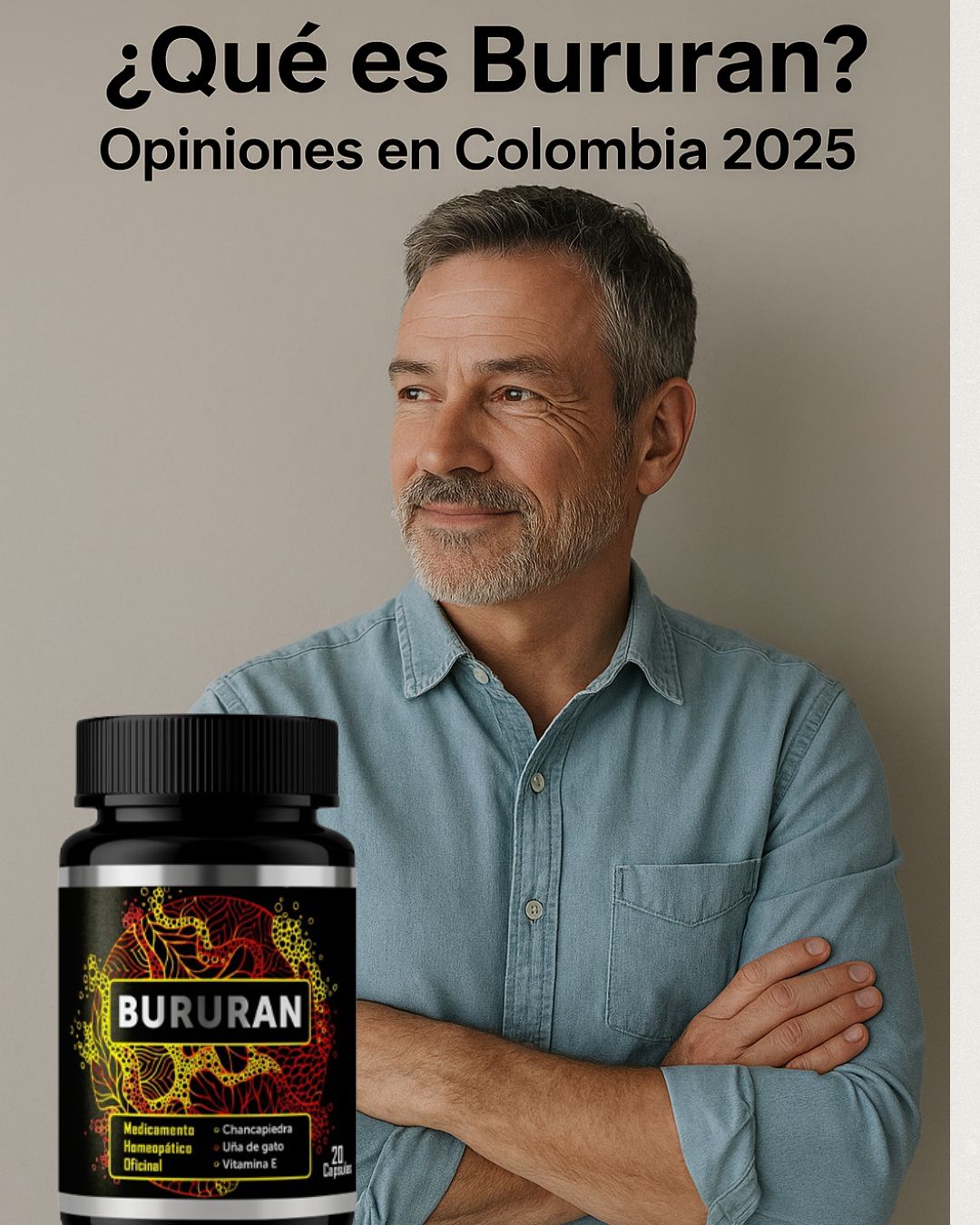Stress is an inevitable part of modern life, but learning to manage it is essential for maintaining mental and physical health. Relaxation techniques are effective methods to relieve stress, enhance well-being, and promote a general sense of tranquility. In this article, we will explore various relaxation techniques that you can incorporate into your daily routine to help reduce stress and improve your mental health.

1. Deep Breathing
Deep breathing is a simple yet powerful technique that can help reduce tension and promote calmness. To practice deep breathing:
- Sit or lie down in a comfortable position.
- Close your eyes and slowly inhale through your nose, filling your lungs with air.
- Hold your breath for a few seconds.
- Slowly exhale through your mouth, completely emptying your lungs.
- Repeat for 5 to 10 minutes, focusing on your breath.
2. Meditation
Meditation is an ancient practice that involves focusing the mind and eliminating the stream of jumbled thoughts that may be causing stress. There are various forms of meditation, including mindfulness meditation, guided meditation, and transcendental meditation. To begin:
- Find a quiet place where you won’t be interrupted.
- Sit comfortably with your back straight.
- Close your eyes and focus on your breath or a mantra.
- If your mind wanders, gently bring your attention back to your breath or mantra.
- Practice for 10 to 20 minutes daily.
3. Yoga
Yoga combines physical postures, controlled breathing, and meditation to promote relaxation and reduce stress. In addition to improving flexibility and strength, yoga can also help lower cortisol levels, the stress hormone. Some yoga poses that are particularly effective for relaxation include:
- Balasana (Child’s Pose)
- Savasana (Corpse Pose)
- Supta Baddha Konasana (Reclined Bound Angle Pose)
4. Stretching Exercises
Stretching the body can help release accumulated muscle tension and promote a sense of well-being. Spend a few minutes each day doing simple stretches, such as touching your toes, stretching your arms overhead, and gently rotating your neck.
5. Visualization
Visualization is a technique that involves imagining scenes, places, or experiences that are calming to help relax the mind and body. To practice visualization:
- Find a quiet place and close your eyes.
- Imagine a place where you feel safe and relaxed, such as a tranquil beach or a serene forest.
- Focus on the sensory details, like the sound of waves, the smell of trees, or the feel of sand under your feet.
- Stay in this visualization for a few minutes, allowing yourself to relax completely.
6. Relaxing Music
Listening to calm and relaxing music can have a significant impact on reducing stress. Create a playlist of your favorite relaxing songs and take some time to listen whenever you need to unwind.
7. Aromatherapy
Aromatherapy uses essential oils to enhance physical and emotional well-being. Some essential oils, such as lavender, chamomile, and ylang-ylang, are known for their relaxing properties. You can use a diffuser, add a few drops to a warm bath, or apply them directly to your skin (diluted in a carrier oil).
8. Massage
Getting a massage can help relax muscles, improve circulation, and reduce stress. If possible, schedule a professional massage or ask a partner to give you a gentle massage.
9. Creative Activities
Engaging in creative activities, such as painting, drawing, writing, or playing a musical instrument, can be an excellent way to relax and de-stress. These activities help channel energy positively and can provide a sense of accomplishment.
10. Time in Nature
Spending time outdoors, especially in natural settings like parks, forests, or beaches, can have a calming and rejuvenating effect. Walking, picnicking, or simply sitting in a garden can help reduce stress and improve mood.
Conclusion
Incorporating relaxation techniques into your daily routine can be an effective way to manage stress and improve your mental health. Experiment with different methods to discover what works best for you and make relaxation a priority in your life.
Want to learn more about improving your mental health? Check out our articles on What is Mental Health and Why is it Important? and discover practical tips for living a more balanced and tranquil life. And if you’re looking for a supplement to support your mental health, be sure to check out Neurodrine, a nootropic supplement that can help improve memory, focus, and concentration.



Pingback: What is Mental Health and Why is it Important? -
For the reason that the admin of this site is working, no uncertainty very quickly it will be renowned, due to its quality contents.
Your posts are like a breath of fresh air I appreciate how you tackle difficult topics with grace and empathy
This is really interesting, You’re a very skilled blogger. I’ve joined your feed and look forward to seeking more of your magnificent post. Also, I’ve shared your site in my social networks!
This blog has opened my eyes to new ideas and perspectives that I may not have considered before Thank you for broadening my horizons